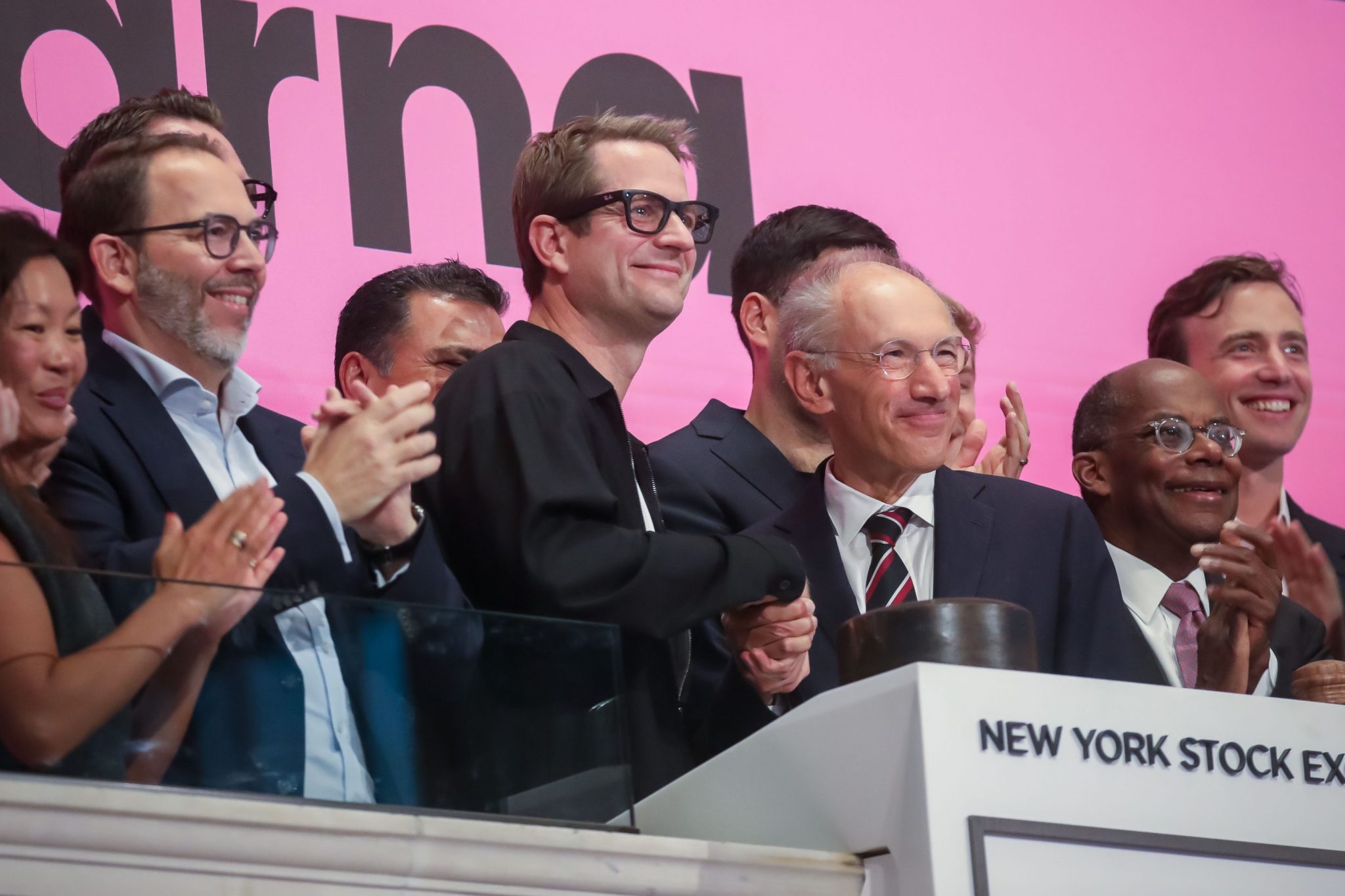
Swedish fintech firm Klarna just made its highly anticipated debut on the New York Stock Exchange, raising $1.37 billion and locking in a $15 billion valuation. But finance and legal experts are becoming wary of the growing risks associated with the ballooning buy-now, pay later (BNPL) industry.
Klarna, known for its short-term, interest-free financing solutions for consumers, has rapidly expanded its user base to more than 100 million globally, partnering with more than 720,000 retailers. The Wednesday IPO is a signal of how large and influential BNPL options have become. According to a survey published Wednesday by LegalShield of more than 2,000 U.S. adults aged 18 to 80, a whopping three-fourths of people rely on BNPL services, which also include products like Affirm, Afterpay, and Sezzle. Even PayPal has a BNPL option.
Although Klarna and other BNPL services are growing increasingly popular—often replacing credit cards for some younger generations—that doesn’t mean they’re without risks. While the service can allow for consumers to break up large purchases into more digestible payments, if they have too many of these in place, the costs can easily rack up.
“We’re hearing story after story of people overextending themselves, juggling payments from various loan companies and banks,” Rebecca A. Carter, a LegalShield provider lawyer with Friedman, Framme & Thrush, said in a statement. “What many don’t realize is that if you aren’t disciplined about managing the payment schedules and budgeting, it can snowball quickly into a serious financial burden.”
Analysts have coined this shift from flexible financing to a “bandage for basics” ahead of the FICO pilot, according to Storyful Intelligence.
And what many people—nearly 40% of consumers, according to LegalShield—also don’t realize is that BNPL will soon impact credit scores for people who use it to buy things like clothing, furniture, concert tickets, takeout food, or even an Airbnb stay. Starting this fall, FICO scores will include BNPL data from consumers.
“Buy Now, Pay Later loans are playing an increasingly important role in consumers’ financial lives,” Julie May, vice president and general manager of B2B Scores at FICO, said in a statement. “We’re enabling lenders to more accurately evaluate credit readiness, especially for consumers whose first credit experience is through BNPL products.”
Complex financial tool
LegalShield also warns 45% of BNPL users have faced legal or contractual disputes from using the financing service, with 62% of those reporting billing errors and 60% forced to pay even after returning items. But many of these customers just give up, LegalShield found, and just pay incorrect charges or don’t know they have the legal right to dispute them.
“BNPL has evolved from a simple payment option into a complex financial tool that, without proper understanding and legal guidance, can gradually become overwhelming for families,” Carter said.
To be sure, not all aspects of BNPL services are bad. They’ve given consumers more purchasing power, an interest-free option for paying off major purchases, and instant gratification for customers who would otherwise have to save up for a long time to make a high-ticket purchase. It’s also been positive for merchants in that they can have increased sales volume and expand to new customer demographics.
Personal finance experts have also offered advice to consumers for not getting overwhelmed by BNPL payments—chiefly not spending more than you make.
“Credit card debt is a terrible place to be. Interest rates are unbelievable, and if you find yourself in that trap, it can be so hard to get out of,” Allyson Kiel, a private wealth advisor at Synovus Bank, previously told Fortune’s Preston Fore. “If it’s a want and not a need, you should wait.”
Consumers can also expect more BNPL innovations in the future—particularly in light of Klarna’s IPO.
“This isn’t the finish line. It’s fuel,” Klarna CEO and cofounder Sebastian Siemiatkowski said in a statement about the IPO. “Fuel for us to keep disrupting, keep innovating, and keep making life easier for millions of people out there.
#Klarna #public #Americans #rely #buynow #paylater #Experts #worry #itssnowballing #quickly #financial #burden